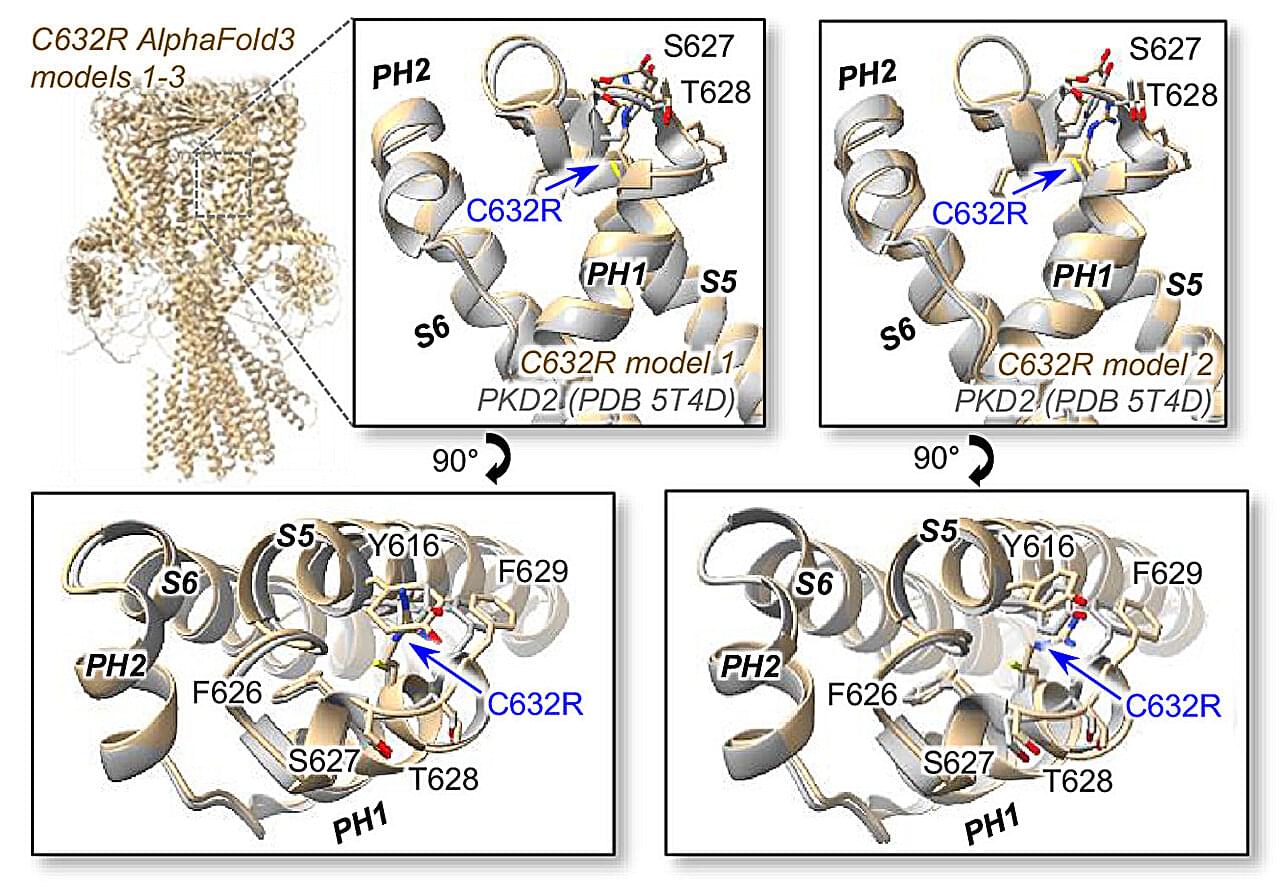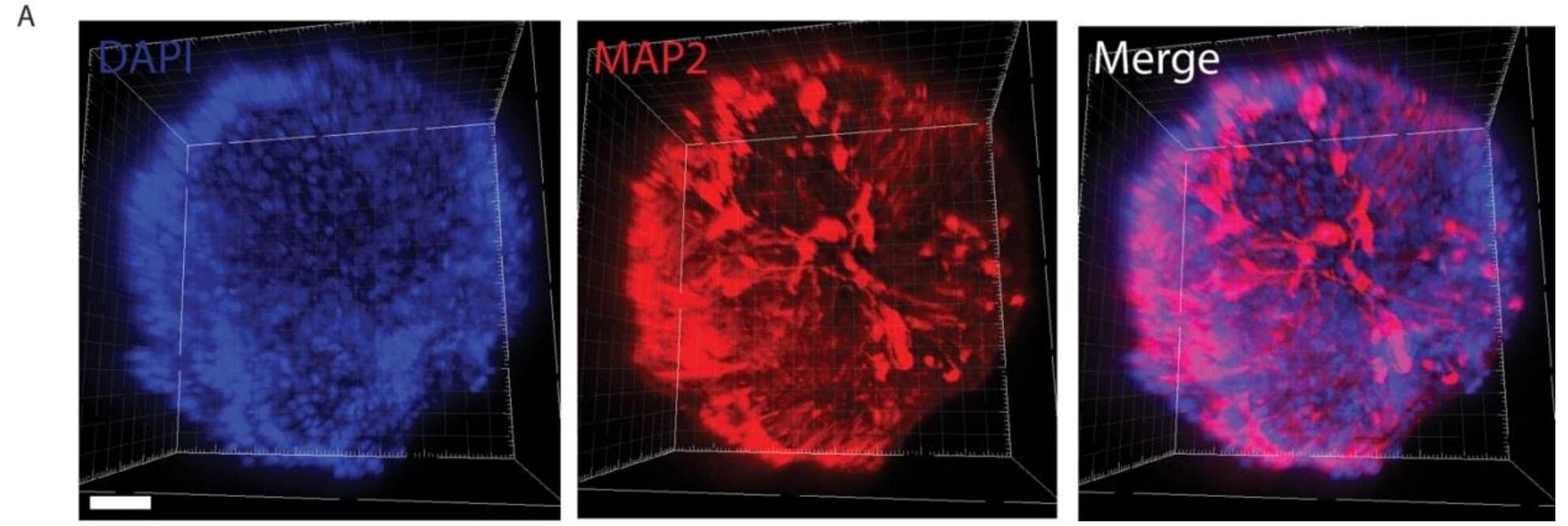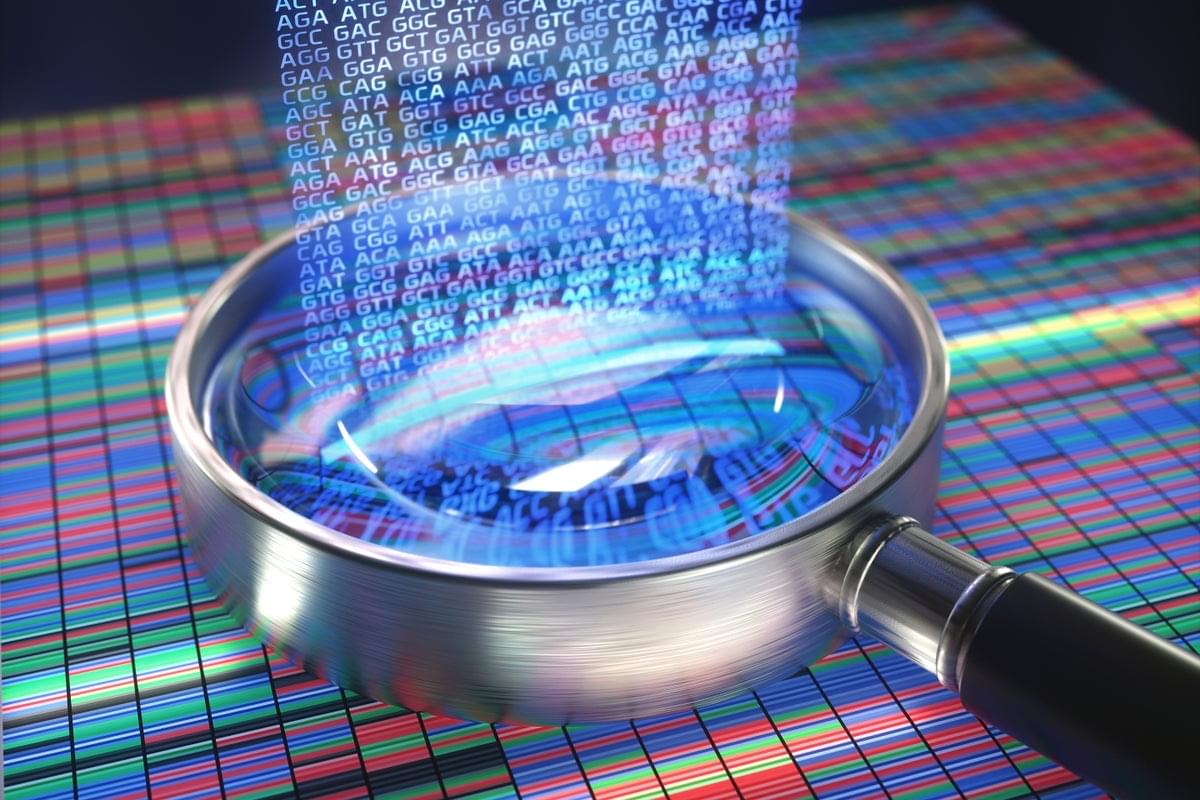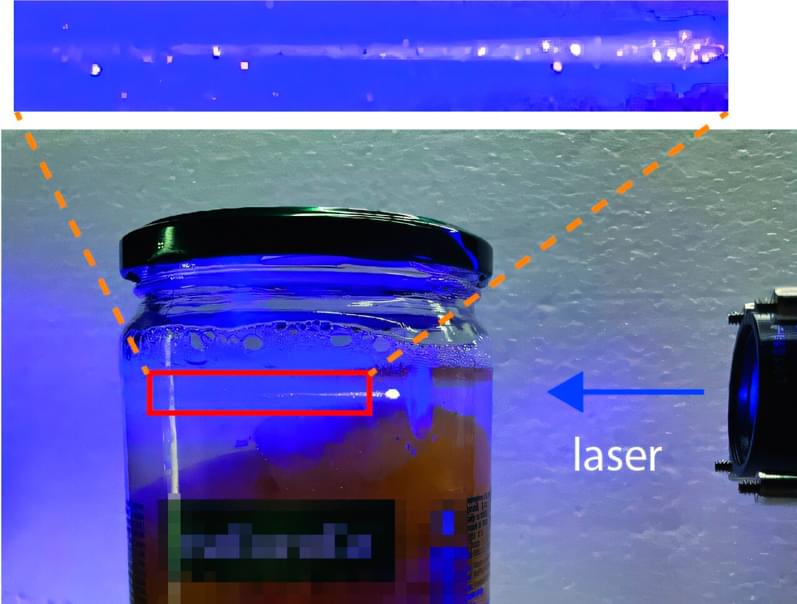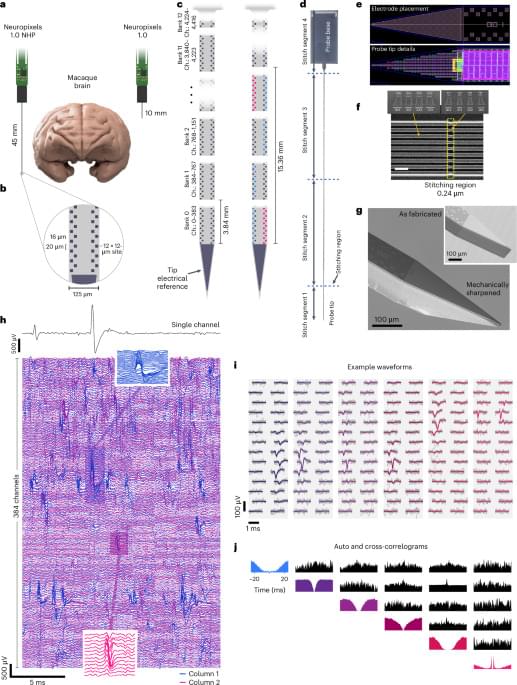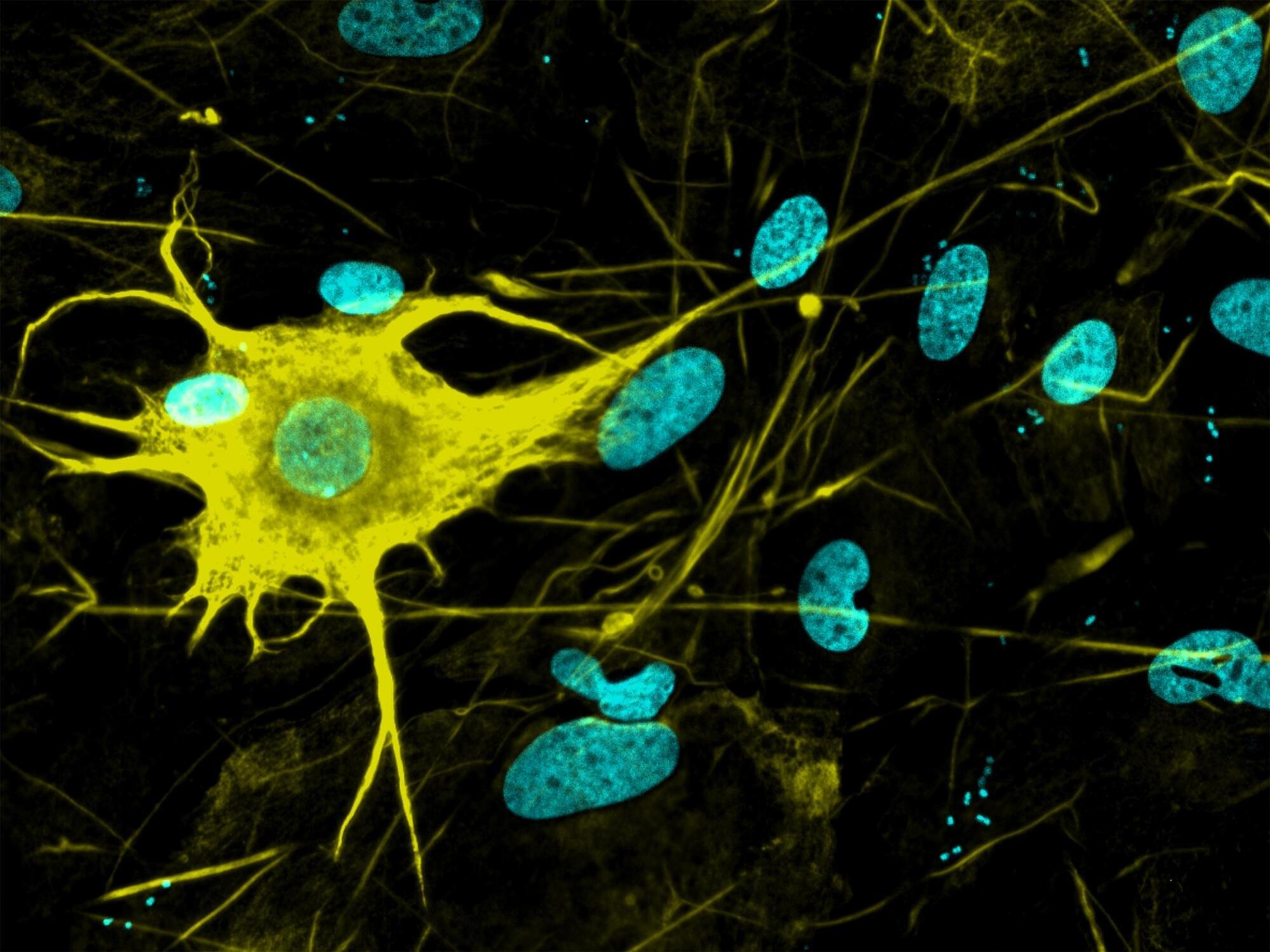A recent study led by Paul DeCaen, Ph.D., associate professor of Pharmacology, has identified novel molecular mechanisms by which genetic mutations in the PKD2 gene cause the most common form of polycystic kidney disease, according to findings published in the Proceedings of the National Academy of Sciences.
PKD2 encodes an ion channel localized to the primary cilia of cells lining the kidney collecting ducts, a series of tubules and ducts that helps achieve electrolyte and fluid balance in the body. Both inherited and acquired mutations in PKD2 are known to cause autosomal dominant polycystic kidney disease (ADPKD), a condition characterized by the growth of fluid-filled cysts in the kidneys that can lead to kidney failure and other serious complications.
According to the National Institute of Diabetes and Digestive and Kidney Diseases, one in 1000 individuals will develop ADPKD and more than 95% of patients carry disease-causing genetic variants in PKD1 or PKD2. However, there are no available therapies that target these disease-causing variants.
